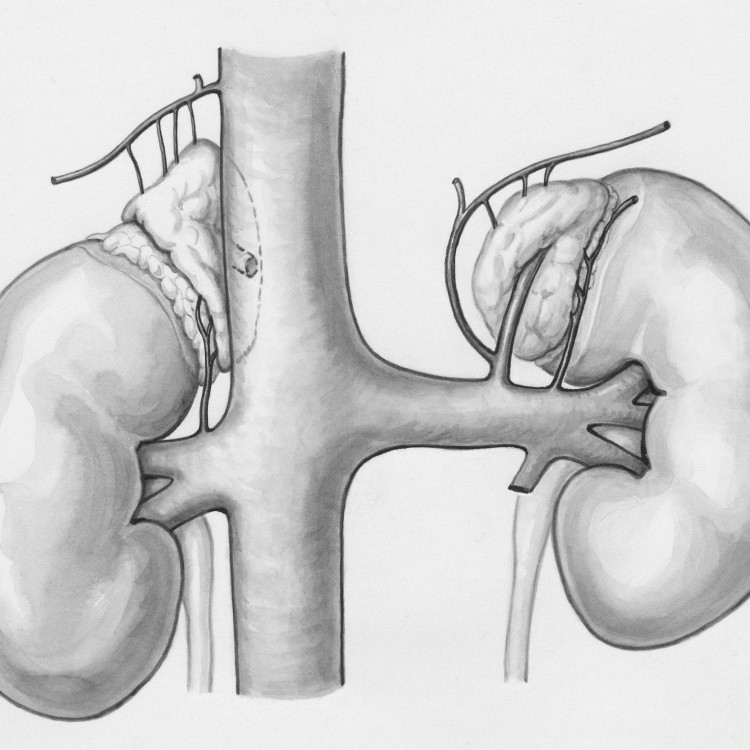

Assessment of admissibility of an inadmissibility request in T1006/21
Background
The proprietor of EP1810026B1 appealed the Opposition Division’s decision to revoke the patent. The patent was granted based on application No. 05 808 659.6, which had been filed as an international application (the application) and claiming priority from, inter alia, a US provisional application (the priority application P1). Two oppositions were filed against the patent. In the decision under appeal, the OD found, that claim 1 of the main request [MR] did not enjoy the right to priority from P1 since P1 and the application had not been filed by the same applicant. As a result, the effective date of the claims was considered the filing date of the application and the claims of the MR and auxiliary requests 1 to 7 were found to lack inventive step.
The Appeal
In their appeal the appellant maintained the MR and AR1 to 7 and argued the claims were entitled to priority. The appellant set out the OD erred in their finding on the validity of the claim to priority from P1 which resulted in a change of the factual situation: i.e. rendering 2 documents state of the art pursuant to Art. 54(2) EPC resulting in a lack of inventive step. Accordingly, the basis of the OD's decision changed which would qualify as exceptional circumstances warranting a remittal to the OD.
Both opponents responded to the appeal and maintained priority was invalid. The opponents further found that the appellant's request for remittal had been submitted very late, without justification and should not be admitted into the appeal proceedings under Art 13(2) RPBA. No special circumstances could justify this request as the appellant had dealt with whether P1 disclosed the same invention as defined in claim 1 in the statement of grounds of appeal, so the request contradicted previous requests of the appellant and should not be deemed allowable under Art 11 RPBA. The OD had already given a preliminary opinion on this aspect of the right to priority from P1. There was no absolute right to have an issue decided on by two instances. Since all parties had submitted arguments on this issue in writing, they were prepared to discuss this matter, and a remittal was not appropriate. The opponents concluded that if priority was held to be valid, there should be a remittal such that novelty, inventive step, and sufficiency of disclosure as of the priority date could be assessed at two instances.
The Board summoned the parties to oral proceedings in accordance with their requests and, in a communication pursuant to Art 15(1) RPBA, expressed its preliminary opinion, inter alia, that P1 did not disclose the same invention as defined in claim 1 of the main request and could therefore not give rise to a right of priority.
Decision of the Board (of Appeal)
The Board concluded the claim to priority was indeed invalid and therefore none of the Requests were inventive. With respect to the requests for a remittal by both parties the Board provided the following general principles.
Under Art 111(1) EPC, the Board may either exercise any power of the department having handed down the appealed decision or remit the case to that department for further prosecution. Whether to remit is a discretionary decision of the Board and subject to the limitations of Art 11 RPBA that remittal also requires "special reasons".
The Board emphasized that the discretionary decision to remit or not is to be taken ex officio, at any time during the appeal proceedings (see, T 1805/14, and T 78/17, Case Law of the Boards of Appeal of the EPO, 10th edn., 2022 (CLBA), V.A.9.5). Thus, a decision on remittal is not dependent on any request by the parties and must be taken by the Boards even in the absence of such a request. Therefore, any request for remittal made by a party is therefore not subject to the provisions of Art 12 and 13 RPBA 2020.
Rather, Art 12 and 13 RPBA 2020 serve to take account of changes in the facts or the subject-matter of the appeal proceedings ("amendments" within the meaning of Art 12(4), 13(1) and (2) RPBA), within narrow limits (see T 1919/17 and T 1913/19). These provisions are thus directed at (claim) requests or (allegations of) facts and evidence, i.e. at substantive issues, objections, and related arguments (see Art 12(2) and (4) and Art 13(1) and (2) RPBA 2020).
The present Board thus finds requests are not amendments within the meaning of Art 12(4), 13(1) and (2) RPBA. Procedural requests on questions that have to be taken up ex officio may relate to remittal, as in this case, or to referral to the Enlarged Board of Appeal (Art 112(1)(a) EPC), the admissibility of the appeal (Art 110 EPC), (non-)admission and consideration of claim requests, allegations of facts or evidence (Art 114, Rule 116(1) EPC), interruption of proceedings (Rule 142 EPC), exclusion of board members (Art 24(1) and (2) EPC), or the appointment of oral proceedings if expedient (Art 116(1) EPC).
The Board set out the same applies to other procedural requests on questions that do not have to be taken up ex officio but only upon request, such as for a change of date of oral proceedings (Art 15(2) RPBA), acceleration of proceedings (Art 10(3) RPBA), objections against board members (Art 24(3) EPC) or according to Rule 106 EPC, or requests for stay of proceedings (Rule 14 EPC).
None of these procedural requests are subject to the provisions of Art 12 and 13 RPBA 2020. As a result, the Board considers they can therefore be made at any time during the appeal proceedings and must be considered by the Board, regardless of when they are made. Consequently, the question of the late filing of the appellant's request for remittal, as raised by the respondents, cannot arise in this case or in other circumstances. Rather, the board must decide ex officio whether the case should be remitted, irrespective of any request of the parties.
In their ex officio discretion in these appeal proceedings, the Board did not see any reasons, let alone any "special reasons", in favour of a remittal. The only issues to be dealt with in these appeal proceedings were priority ("same invention") and inventive step, i.e. the same issues that were dealt with in the appealed decision, and these could be answered directly by the board, in the interest of procedural economy, without prejudice to the rights of the parties to be heard.
The appeal was dismissed.








